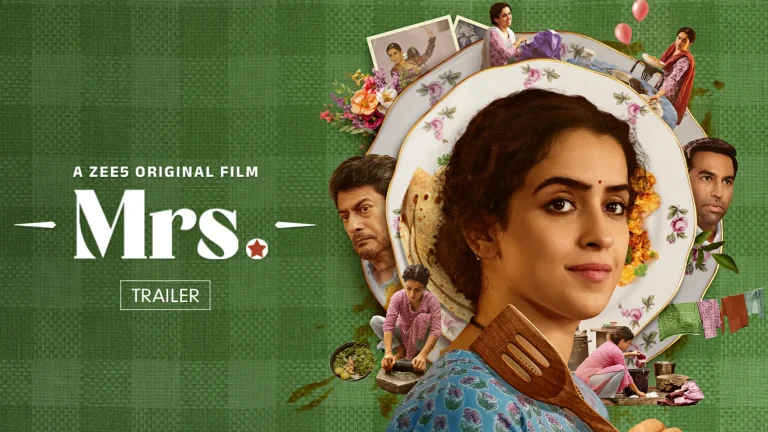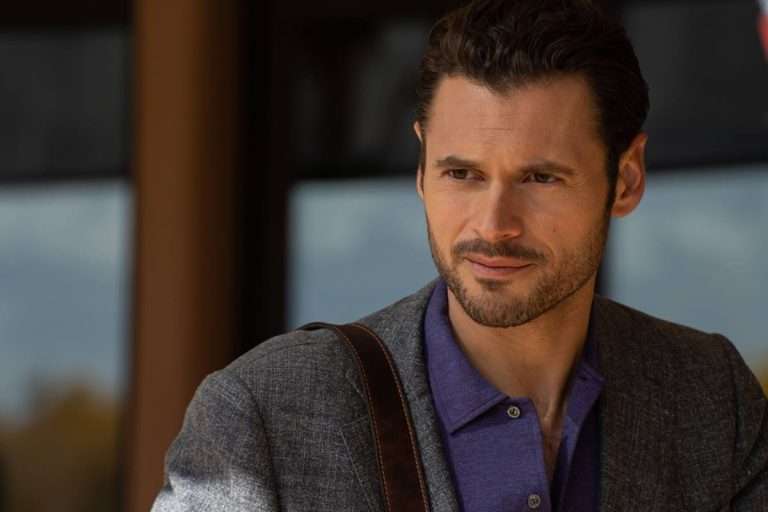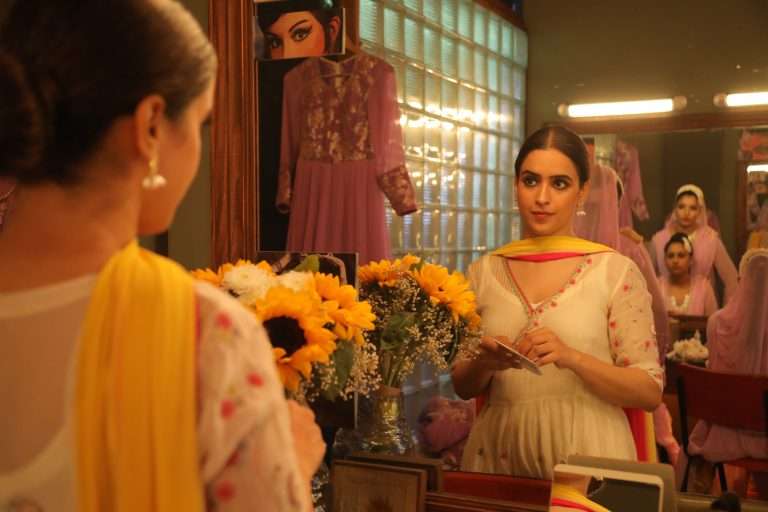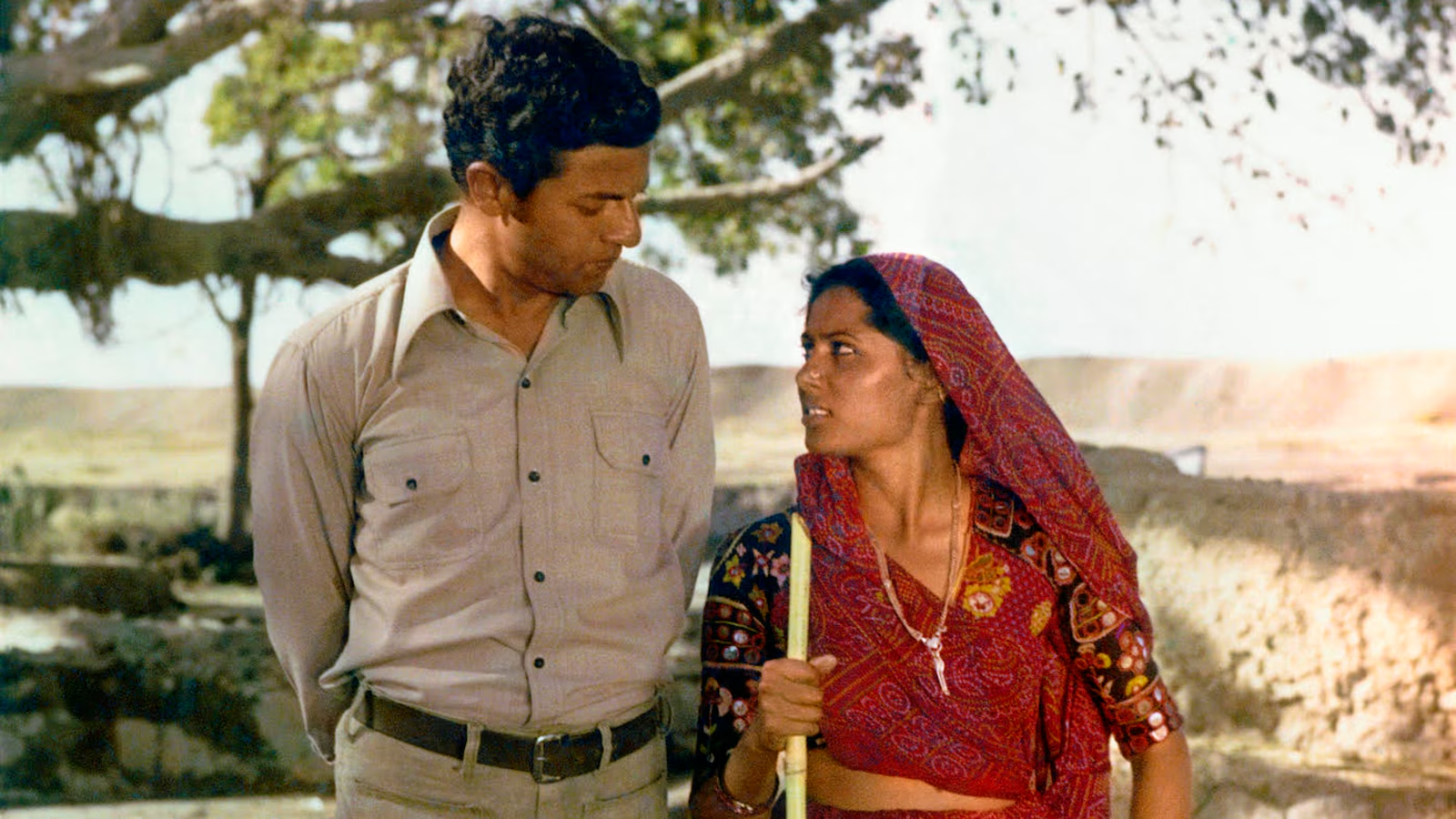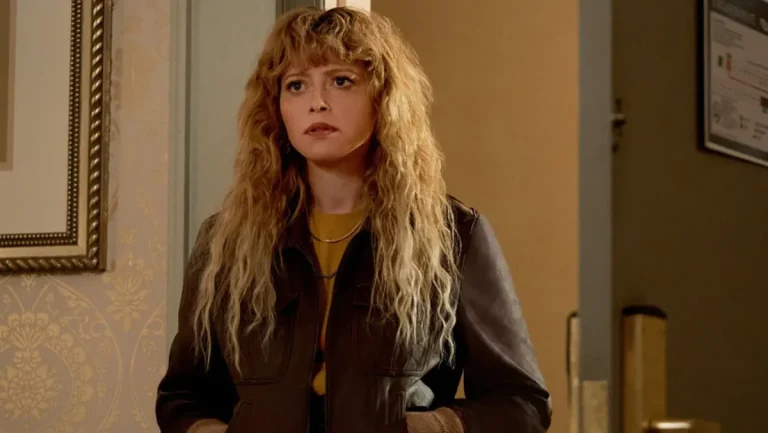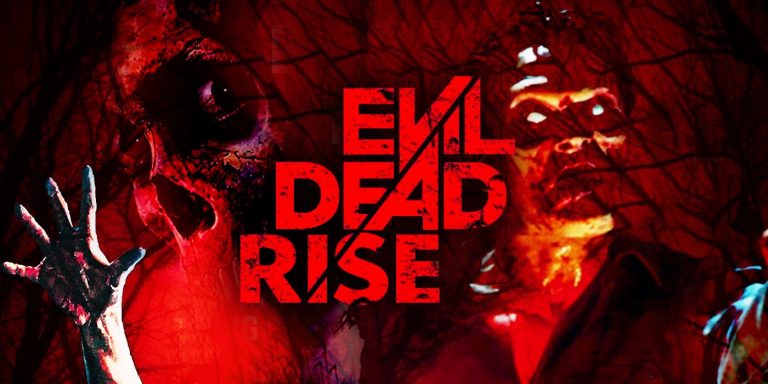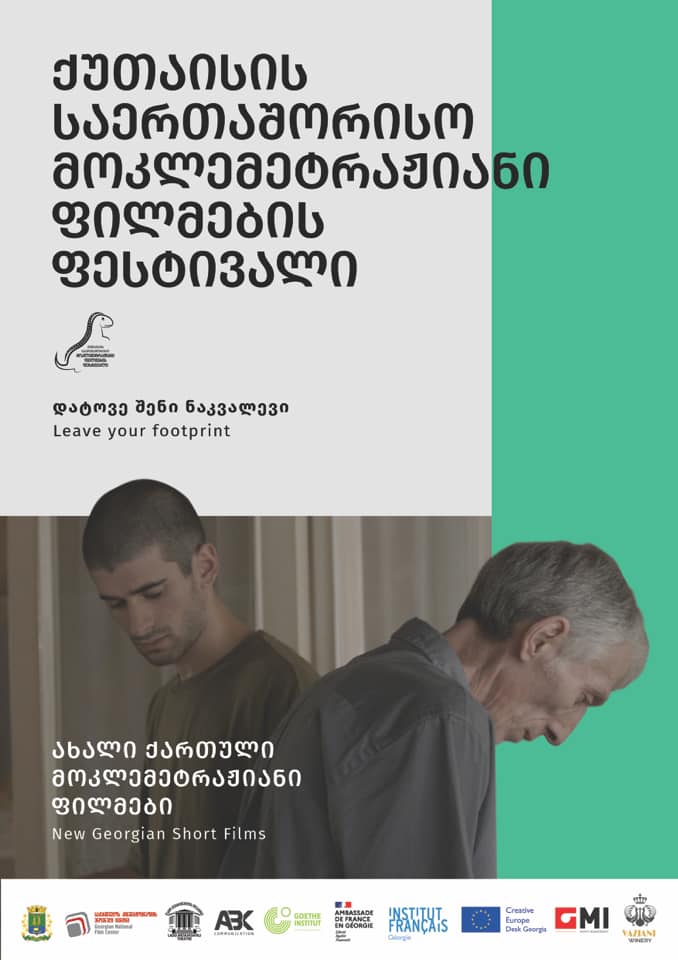
In a newly born Kutaisi International Short Film Festival, I was set to coordinate the retrospectives of Georgian shorts. This year we decided to emphasize mostly contemporary pictures to promote the significance of making a short film nowadays. Hence I picked twelve Georgian films made within the last 10 years revolving around the various conceptions of time. The contrasting three sections explore time as an empirical discipline, with alienated individuals or discern time as social criteria.
Time Mode – Time as an Existential State
In this section stipulated with the approaches of slow cinema, each auteur attempts locking time in specific spatial dimensions. With rigid aesthetics mostly specified with observational and in some cases tracking camerawork, these young directors represent a promising tide of Slow Cinema in Georgia. Even though they may express an objection in an acknowledgement of the term “slow” yet I insist their attitude originates from Gilles Deleuze’s definition of l’image-temps.
1) Lethe
Directed by already well-praised Dea Kulumbegashvili Lethe (2016) comprises one of the most poetic imageries in recent Georgian film. With a black and white palette Arseni Khachaturian’s camera cruises with the lonesome horseman (Mikheil Gomiashvili) passing through the village during a traditional festival. Over here, long uncut shots exemplify the contrapuntal flair of legendary Hungarian director Miklós Jancsó with time serving for the tribal recognition.
Similar Read to Time Theory: 5 Interesting Details in Christopher Nolan’s Inception (2010)
2) Night Duty Doctor
Spouse directors Nato Gabunia and Grigol Janashia implement psychological detective in a manner of contemplative cinema in Night Duty Doctor (2017). The patient’s death below vague circumstances brings police officers to a remote hospital. They interrogate night duty doctor Nino (Lela Metreveli). The absurdity and institutional confusion are very much alike to Romanian New Wave. DOP Katya Smolina sets both passive and vibrant routine with directors catalyzing time to condone monumentality.
3) The Animal
The Animal (2019) by Amrian Dolidze similarly dictates with an unbearable routine. The cruelty of time is imprinted on the existence of a good-for-nothing protagonist. During this dull, frowning visual experience the question inevitably arises in our heads: “how much TIME does it take to dehumanize?” The director is indirect in the decision to satisfy the question and stimulates an intellectual capacity to think.
4) Exodus
The austere preparation for the departure from post-industrial Georgian town Chiatura! Vakhtang Jajanidze examines the mundane atmosphere of the time-forgotten place in Exodus (2015). Foggy streets of de-industrialized town reflected through the static camera carve out the loneliness of both two personages (sisters) and the depopulated area. The picture is clashing between fiction/documentary stylistic aiming to sculpture a protagonist’s mobility to another time category.
Beyond Time – Time as a Social Term
For this selection, timing corresponds to the cruel conception of social negation, with mostly hard-up people living beyond the tangible presence of current events. Negligible characters endeavor to survive from rigorous social and geographical conditions or traumatized individuals retaining balance in their lives.
5) Temo
One of the most controversial directors of 21st century Georgia Lasha Tskvitinidze depicts the excruciating economic desperation in TEMO (2019). Temo represents the general face of the working and unemployed class of Georgia who suffers from numerous kinds of creditors. He’s living somewhere at the amorphous settlement. Thus, his trip to the capital city of the country exposes an enormous gap between centre and periphery timing.
6) Dinola
Mariam Khatchvani’s DINOLA (2013) portrays the mercilessness of pagan communal rule at the highland of Georgia. With charming cinematic simplicity, the picture limns the existential calamity of a widowed woman and the orphaned kid. They are forced to separate because of the “Svanish law”. Because of cranky social infrastructure, there are no police or any other institutional mechanism that would support these oppressed women.
7) The First Day
The First Day (2014) by Tamar Shavgulidze seems quite ousted from this list. Though it still ruminates trauma nudged by the sudden death of a family member. For the personages, time gets stiff after the sorrowful accident with the screen spilling the grief and anguish over the audience.
8) Andro
Directed by well-familiar Georgian screen and theatre actor Tornike Gogritchiani, Andro (2017) displays father/son relation constructed with references to Nuri Bilge Ceylan and road movie. Idle former architect Andro (David Roinishvili) departs to Turkey for trading some old junk with his minor son. The visual narrative attained by bucolic bluish tones skirmishes with the social narrative constructed with interpersonal or institutional disasters.
Time and an Individual – Aspects of Alienation
As notorious wisdom suggests “time heals all wounds” however most scenarios prove the contrary as the films I picked up for this final incision. These young directors pursue distinctive figures of alienation in social, gender, national or even bureaucratic contexts and institutions.
9) Father
The long-awaited father comes back and soon after leaves the home without an answer in David Pirtskhalava’s Father (2015). The emergence of a mysteriously vanished father perturbs protagonist Lado and his brother however their doubt obtains the remedy after the tragicomic scene during their criminal business.
10) Ana
The grief of middle-class midlife woman Ana (Nino Kasradze) elicits from the alienation to her lover, mother, friends or the environment in Ana (2017) by Margo Zubashvili. Residing in the centre of the capital city Ana’s social body seems to be abandoned in various kinds of urban venues with her civil or geographic mobility epitomizing the plain image of Georgian burgher woman, yet ousted from the actual timing.
11) The April Chill
Tornike Bziava’s The April Chill (2010) poignantly overlooks and redefines one of the crucial dates for independent Georgia the April of 9th. On April 9 of 1989 Georgians demanded separation from the Soviet Union with mass protests that sparked bloody clashes and victims. Disaffection from the Soviet order triggered Georgians to recognize national values. Therefore, Bziava esthetically confronts the young Georgian traditional dancer to the Soviet soldier.
12) Security Guard
Giga Khaindrava’s satirical overture of bureaucratic ineligibility Security Guard (2019) exhibits two youngsters serving in compulsory armed service. Security guards are alienated from their work with usually protecting some abandoned places. For them, time is happening outside while inner, military occurrences are more rigid and clumsy. The narrative is unfolded by ridiculous sketches revealing the despotic conscription.


